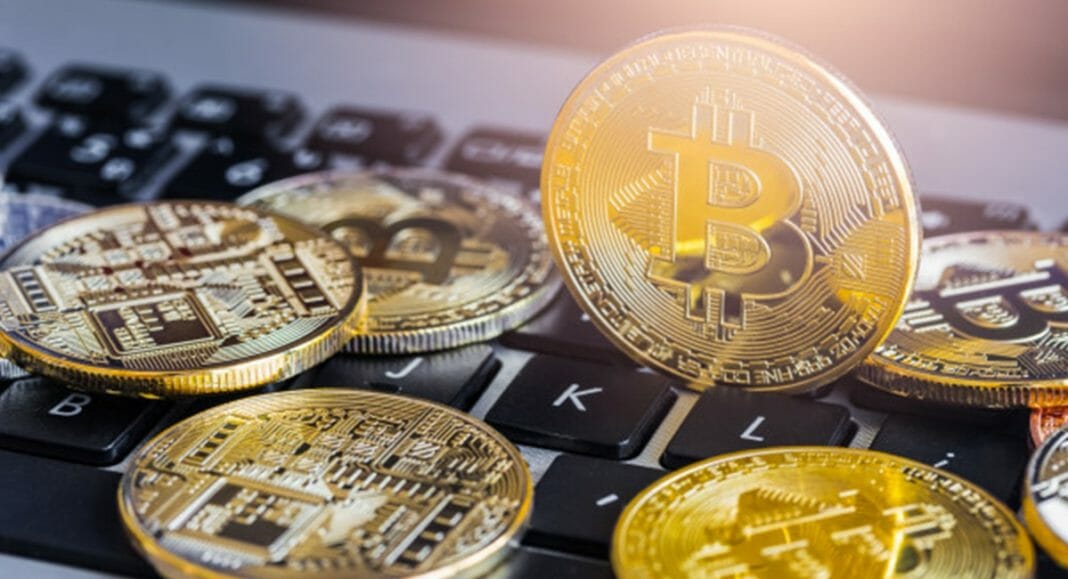The crypto asset is a government flag to try to evade sanctions. As a form of payment in commercial establishments, it is almost non-existent.
The moment Nicolás Maduro announced in December 2017 that Venezuela is looking for ways to use its cryptocurrency to seek international financing, the government tried to open a floodgate to relieve the country’s ailing economy. Hyperinflation, devaluation of the bolivar, international sanctions, distrust of investors, and a serious political crisis, outlined a dark panorama.
Three years after it became known that the petro (PTR) would be the cryptocurrency that will help stabilize the country, the situation only worsened. Venezuela registers 96% of poverty in its population; this situation brings a contraction of the Gross Domestic Product (GDP) of more than 70% and inflation of 4,000%.
The promise of the national government with the petro was “to advance in matters of monetary sovereignty, overcome the financial blockade and achieve new ways of international financing for economic development,” according to what Maduro said in a television broadcast at that time. The currency’s backing would be the country’s oil, gas, gold, and diamond reserves.
The national authorities are not unaware of the financial difficulties, but they frame them in an “economic war” that Venezuela is experiencing and that, according to Maduro, was born in the United States. In February of last year, the president further detailed what is happening when he said that there is also “financial persecution”, “economic blockade” and “trade blockade.”
In February 2020, Maduro made a speech saying that this year would be the “definitive implantation of the petro because it will serve as the ultimate mechanism to defend the society that has no foreign exchange.” Also, he cataloged the so-called cryptocurrency as the total solution to stop economic warfare.
The petro could be considered as a government experiment that does not quite fit and that, from time to time, receives push from the authorities to be used as a means of payment for, for example, government procedures, issuance of passports, or to purchase gasoline.
Be an instrument for financial autonomy
Although the petro has been a flag of Maduro´s government, it was the late President Hugo Chávez who made public in 2009 that they were working on a proposal for an international currency, not a cryptocurrency that would be based on oil reserves. That project was called petro and it would arise, according to Chávez at that time, because “the world is a victim of the dollar empire.”
The project did not materialize and reappeared as a crypto asset eight years later for Venezuela to try to finance itself. In any case, the petro has not fully served in this field. Three months after Maduro’s announcement about the petro, Donald Trump’s government sanctioned the project and prohibited US citizens or companies from that country from trading with it.
Monetary sovereignty
The bolivar is the national currency of Venezuela. However, due to high levels of inflation and devaluation, millions of people use other alternatives as means of payment, including the US dollar, the Colombian peso, the Brazilian real, and bitcoin (BTC) itself.
According to Asdrúbal Oliveros, managing partner of the Ecoanalítica firm, the use of dollars in cash to pay in the country businesses has reached 80%. Even Maduro has said that these kinds of operations have been allowed because it is a “self-regulation” of the economy, not as a state policy.
As a state policy, in theory, there is the petro, but the establishments that accept it are few or nonexistent. After three years of its announcement, pre-sales, and activation of exchanges, it would not be possible to speak of monetary sovereignty since there would be general ignorance among the population about how to use it or download a wallet.
Beat the financial lock
Venezuelan government authorities often claim that the precarious conditions in the country are due to sanctions that the government of the United States and Europe imposed on the Venezuelan government. This would also include a financial blockade and many financial sanctions on many political actors and other personalities closely related to the actual government.
Donald Trump’s government imposed those sanctions on individuals and the Venezuelan oil industry, which has cut the margin of maneuver for the authorities. Beyond good relations with political allies such as China, Russia, Iran, or Cuba, Venezuela is unable to turn to the financial markets in search of funds.
By: Jenson Nuñez.











